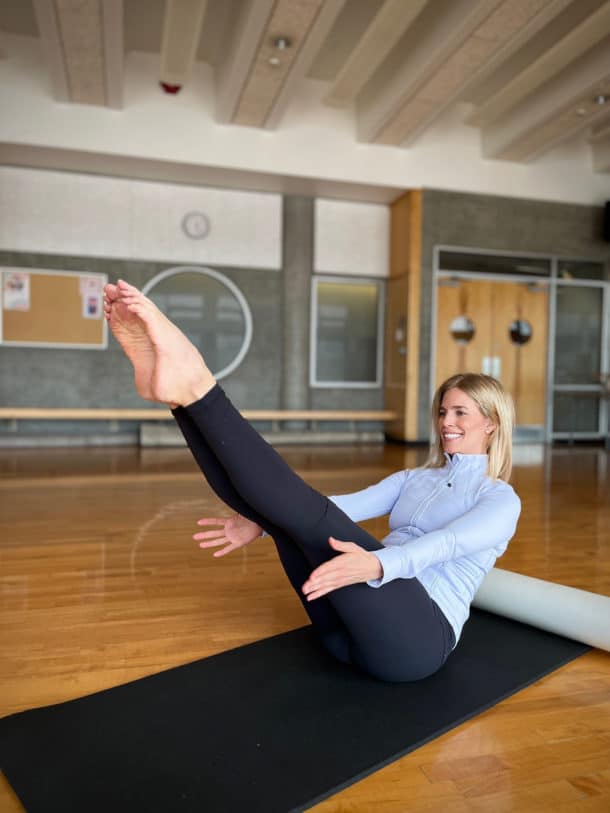Deliberate practice will make you more successful.
Deliberate practice is a framework for developing skills needed to enhance performance in sport, music, medicine, business or another discipline.
According to the book Peak, Deliberate Practice is characterized by the following traits:
1/ Develops skills by focusing on a specific aspect of the skill.
2/ Demands near maximal effort.
3/ Involves improving some aspect of the target performance.
4/ Requires full engagement.
5/ Provides feedback and allows for modification of effort.
6/ Produces and depends on effective mental representation.
Deliberate practice changes the neural circuitry of the brain to produce highly specialized mental representations that make possible the incredible memory, pattern recognition, problem solving and other sorts of advanced abilities needed to excel in a particular specialty.
The more effective the mental representation is, the better the performance will be. That’s why experts are able to see the forest when others only see the trees.
Applying deliberate practice to everyday life.
1/ Find a good teacher, trainer or coach that can give you tailored advice that will help improve your performance.
It’s more expensive that a group lesson. However, a group setting typically doesn’t afford the instructor time to give much, if any personalized feedback. To improve your performance the details and nuances of the skill you’re trying to improve are important.
If you can’t find a good teacher, trainer or coach, develop practice techniques that are repetitive and that provide feedback so that you can make modifications in your technique and/or form.
2/ Focus rather than just go through the motions of the practice.
Time and repetition alone do not translate to improved performance. Focus is required to improve your technique and form that translates into advanced skill.
3/ Challenge yourself in new ways to get past a plateau.
In fitness, trainers often talk about the importance of cross training. Change up the timing, the number of repetitions, the weight, the size, the type or whatever you can to keep your practice challenging no matter what you’re trying to achieve.
4/ Maintaining motivation is easy for the first 90 days when you’re getting quick results and realizing the initial benefits. Then life happens and making time for your practice gets harder. Some reportedly refer to it as the “New Year’s resolution effect”.
You might be relieved to learn that willpower is not a factor in whether or not you’re able to maintain your practice. People who are able to maintain their practice have developed habits that help keep them on track.
Habits that support deliberate practice.
1/ Schedule the time so that you are more likely to develop a consistent practice.
2/ Allocate a specific amount of time and eliminate distractions so that you can focus.
3/ Maintain your health so that they have the energy needed for deliberate practice.
Over time, deliberate practice becomes easier but few regard it as fun.
Contact Us
Please email us to request more information about our services and collaborations.
Stay Connected
Subscribe free to receive our latest tips, workouts, exclusive offers and community notifications every Monday.



